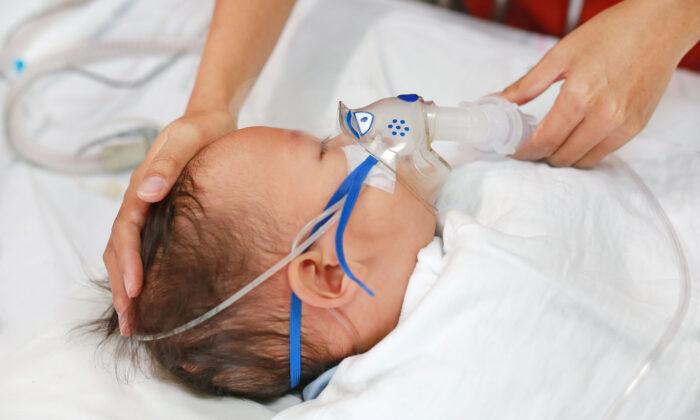Australian companies that supply human heart valve replacements to the United States have been struggling to fulfil export orders due to the industry’s worker shortage.

“We fly that out every night, and it goes across to the U.S., and they make heart valves for transplant back into humans, so you’re actually saving human lives by collecting that product,” director of Nolan Meats Terry Nolan said.
“But some days you don’t collect them, because you don’t have the people to collect them.”
Made from pericardium tissue that is situated around a cow’s heart, the thin but durable tissue is an integral component of the Transcatheter Aortic Valve Implantation (TAVI), which is used in the treatment of aortic stenosis.
Aortic stenosis is a heart condition where the opening of the aortic valve narrows due to built-up calcium.

Nolan said that his company’s restricted supply had not yet affected the availability of artificial heart valves, as other models are made by American companies.
Nevertheless, having operated with 500 to 550 workers prior to the pandemic to now only having 350 workers has been concerning for Nolan.
“That’s quite disheartening when you see valuable product just going to render because you don’t have the people there to process it,” Nolan said.
Additionally, cowhide prices have dropped from approximately $78 to $8-10 due to worker shortages across the world.
“It doesn’t take long to mount up all these things, and suddenly you’re losing $120 a head [of cattle] because there’s no one to harvest or pack that product,” he said.
“We don’t want to see beef prices get any dearer. It'd be our desire to try to make beef prices cheaper for the consumer, to promote more consumption.”
Australian Meat Industry Council (AMIC) chief executive Patrick Hutchinson told the ABC that worker shortages have impacted meat retailers, processors, and small goods manufacturers.
“If you look at our supply chain, from the moment the truck drives out of the sale yard, feedlot or farm, we are short approximately 10,000 people—right through to red meat and pork processing, cold storage, logistics, wholesaling, value-adding, supermarket preparation, butchers and smallgood manufacturing,” Hutchinson said.
“We waste absolutely nothing. It’s not only meat but medical components, cosmetics, food ingredients, clothing and sustainable energy.”
Hutchinson added that the meat industry has been unable to process six million cattle a year, with cattle, sheep and goat numbers expected to rise up to 30 percent over the next few years.
“It’s a vicious circle. It will all be for naught if we don’t have the capacity to process it. We need people; if we could wave a magic wand, we'd have 10,000 more people,” he said, adding that having an international workforce program would assist in filling the job vacancy gap.
The Australian Meat Industry Council has been approached for comment.





